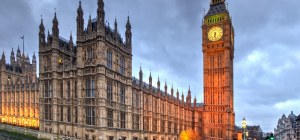The sky is the limit for billionaire space travel
Space ventures have been ongoing for much of the last half-century amongst governments, and more recently, amongst the rich and famous, including Elon Musk, Jeff Bezos and Sir Richard Branson.
Their commercialised space programmes are becoming an expectation rather than imagination, from colonising the Moon to commercialising flights to Mars and luxury suborbital flights, which are expected to be rolled out in the next few years. With plenty of ambition and endless resources between them, a healthy level of competition promotes greater innovation, whilst simultaneously streamlining efficiency and safety.
Billionaires aside, governments have been developing their own technologies to keep up with the space race. The UK is one of the leaders in space industry and satellites, and in particular has been a dominant force in developing the EU’s global navigation satellite system, more commonly known as the Galileo project. With Brexit in mind, Theresa May has announced the enactment of the new Space Industry Act and £92 million being set aside to fund an ambitious British equivalent satellite project, which is seen as an increasingly vital investment for general navigation, commercial and military applications. It is expected that this project will offer plenty of opportunities in terms of jobs and million-pound contracts to British space companies.
Space exploration has paved the way for countless opportunities and breakthroughs to flourish; British space companies have plenty to look forward to. From scientific and technological developments to health and safety risks and environmental issues, governments and billionaires alike must strike a balance between these going forward.









